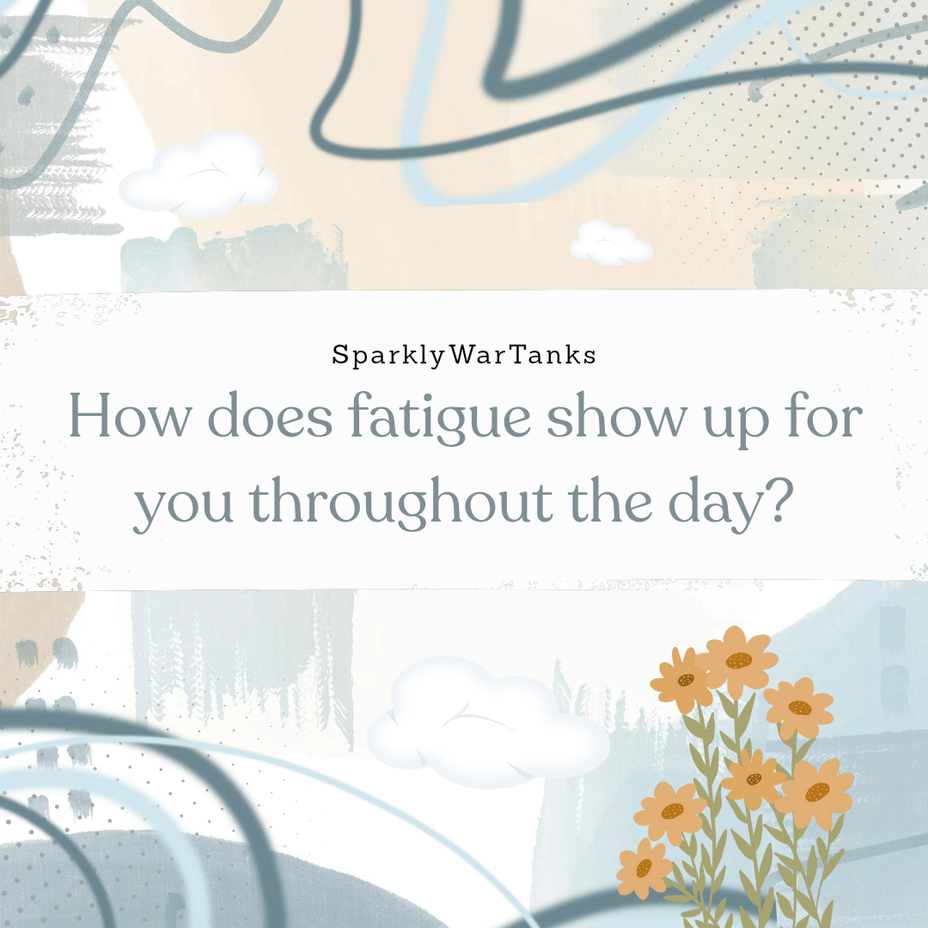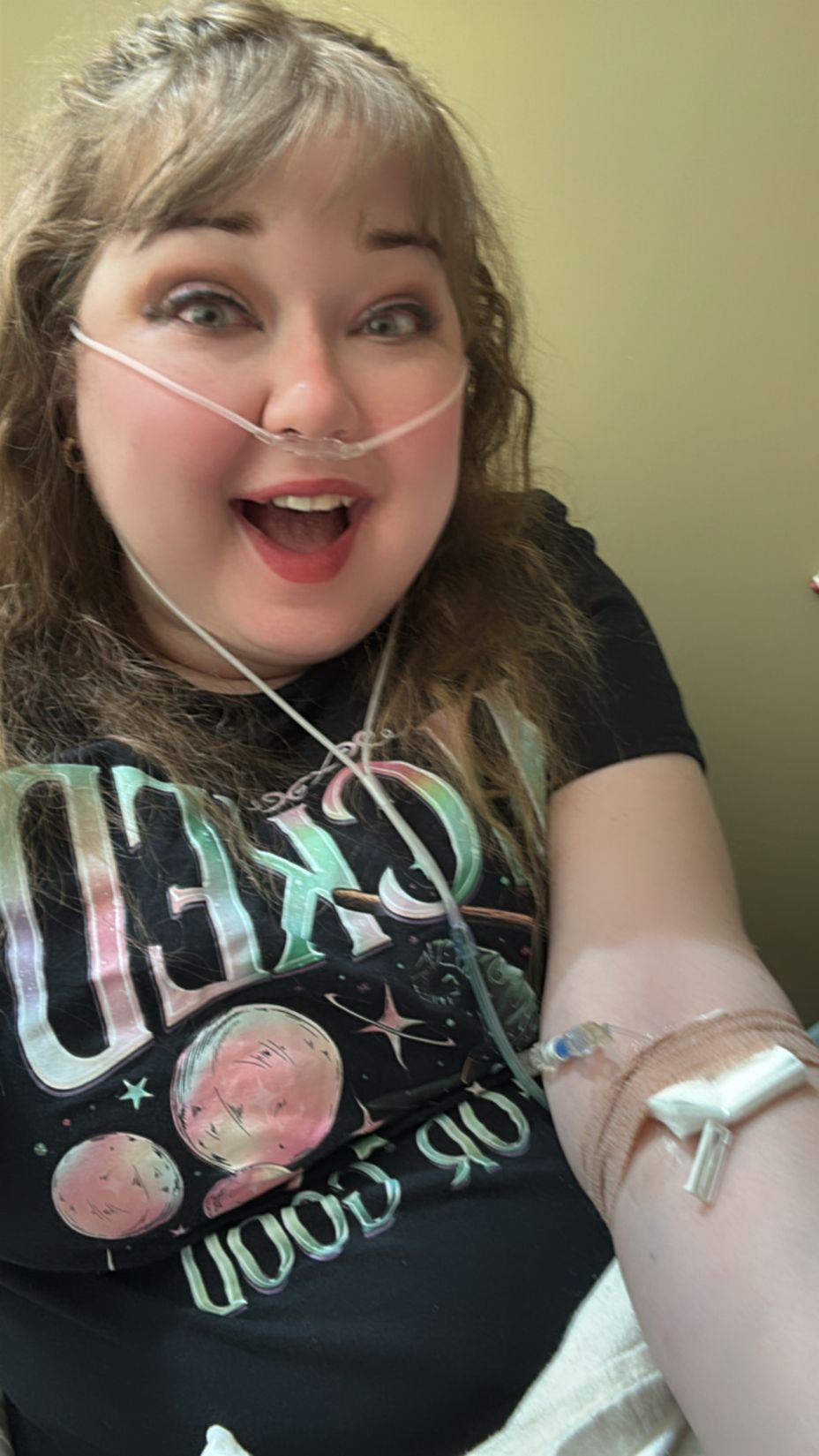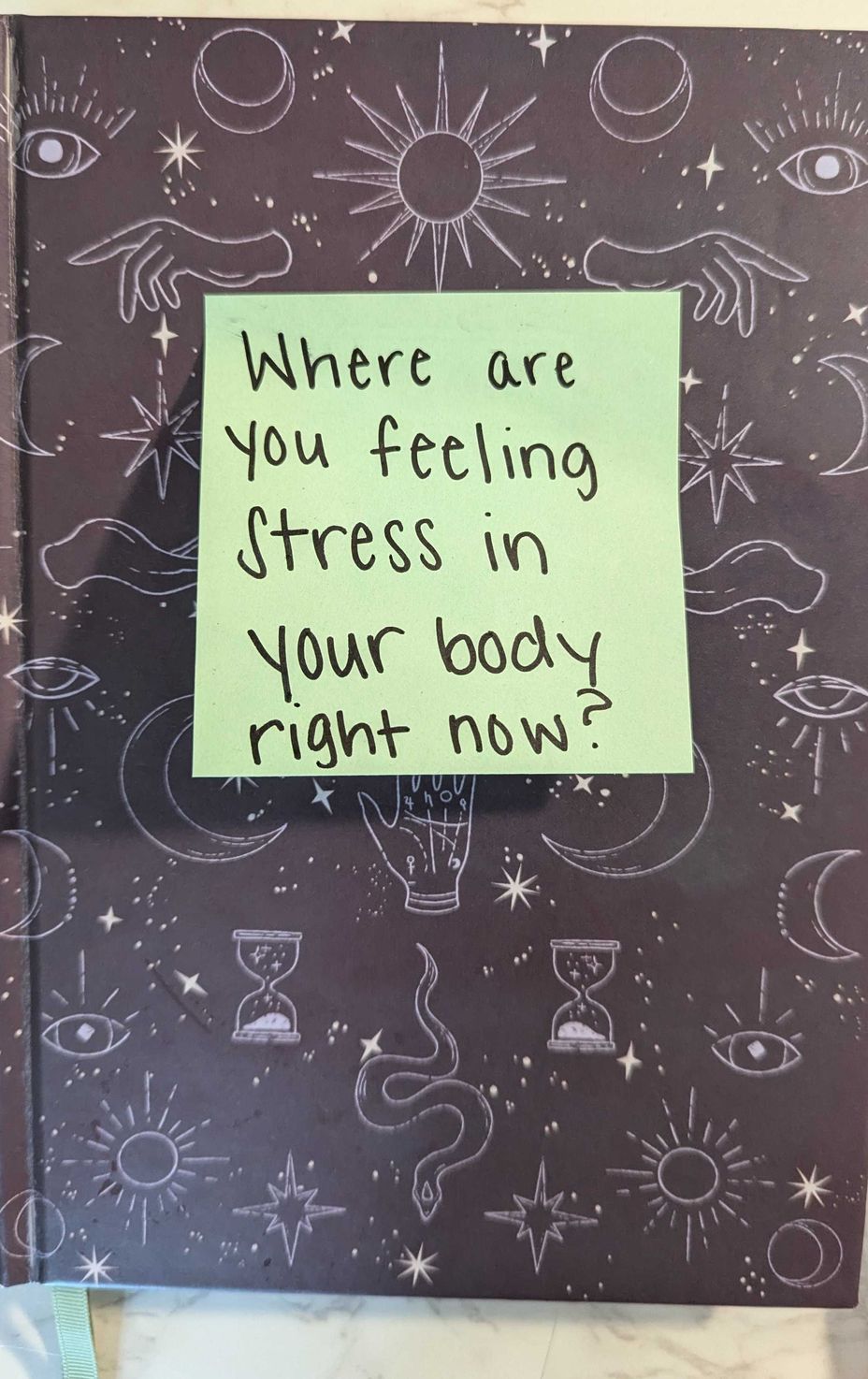Dear younger me,
Here are all the things I wish I could say to you.
First, I want you to know you are amazing.
I wish you truly believed that.
You’re amazing not because of what you accomplish athletically or academically, but because of who you are.
Your athletic and academic feats are amazing, but they have come into being because of who you are.
You work harder than anyone I know. You put your whole heart into everything you do. You embody loyalty and sheer persistence and care deeply about your friends.
You give everything you have to those around you, and then some.
Sometimes, and perhaps, too much.
I want to preface this letter by telling you two things…
First, I’d never assume I know how to make things feel easier.
Secondly, I want to remind you I’ve been to that place where I know you are — where I couldn’t find a single thing in this world to hold onto. Where it felt like nothing would ever be OK again. Where I felt irreparably shattered, irrevocably not enough and I wondered how to go on.
It hurts so impossibly much. More than you ever knew it could.
I promise I won’t ever try to make your struggle seem better than it is. I also know I cannot take it away from you.
What I can promise is you’re not alone.
One thing I do wish I could impart upon you is how far it can go to have grace with yourself.
I think you’re afraid you’re not worthy of love. It breaks my heart to see you terrified you’ll be abandoned by everyone you count on.
I want you to know it is not a sign of weakness to be dependent on someone.
It’s a sign of courage to love someone that much.
Here is the difference I want you to know: sometimes, the person we feel we cannot live without has become that person because we love them so much our heart would simply shatter and never be whole again.
There’s an element of beauty and powerful meaning in love and pain so great you wonder how to breathe.
Sometimes, though, the person we feel we cannot live without has become that person because we don’t believe we are enough without them. We need that person to believe we have value; that we will be OK; and that our life is worth living.
I want you to know soon you will meet amazing friends to whom you can tell your deepest fears and memories.
Who will come to know you as you.
Who will give you the courage to feel the hurt, to have compassion for yourself, to believe you’re lovable.
But right now, I know that feels almost impossible to imagine.
I know you still overanalyze every single text message you send and receive.
I know you still dissect every interaction you have with friends and you’re always left unsettled and terrified of abandonment.
These friends you will meet will help you to believe — slowly, over time, again and again — they will always be here for you.
As time goes on, you’ll find you possess incredible empathy and the courage to be vulnerable because you’ve been forced to heal from feeling like all you once believed in has let you down.
I know right it is too terrifying to acknowledge how much your trauma hurts.
I see you deny it and push it away through being hard on yourself or others, as if letting that stand in place of the much more substantive pain of events you can’t find a way to talk about. And while I’ll never be grateful for what was asked of you, the you of today is so proud of you and who you have become through all you have experienced.
You’ll have so much to give and you’ll give of it so freely.
You’ll be able to hold the pain and suffering of others without fear.
You’ll find such great joy and confidence in believing who you are is enough.
So here is what I wish you knew now, but am so excited for you to learn: you are not what happened to you.
You are not what you produce.
You are who you have become through all you have experienced and learned, and that is an extraordinary human.
This will never compensate for the pain and struggle you’ve seen and known, but it is still so good.
I’m so proud of you.
This world needs your light.
This world needs all of our lights.
And the more you believe your very light is what makes you worthy, the brighter it shines.
So regardless of any circumstance, this is what I promise you:
You are enough.
I hope you believe that in the depths of your soul.
#CIRS #AutoimmuneDisease #silentillness









